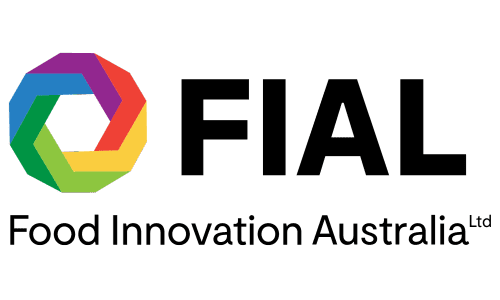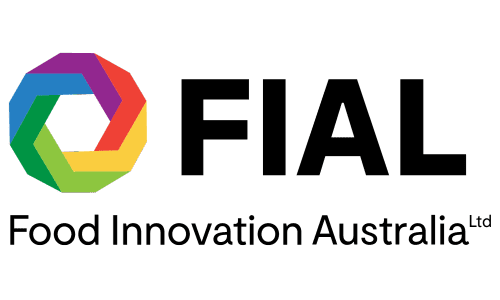Capturing the Prize: the A$200 billion opportunity for Australia's food and agribusiness sector/ Food Security and Sustainability / Urban agriculture
Opportunities to improve the scale and efficiency of food grown in urban environments by tapping into an increasingly urbanised population, public desire to reconnect with food production, their concerns over food sustainability and the reduce the energy cost of food transport.
The 2021 Foodbank Hunger Report reported that over the year, 1.2 million Australian children went hungry, and one in six adults didn’t have enough to eat. The Mini Farm Project aims to reduce food insecurity in Queensland.
It is creating a network of urban farms from the New South Wales/Queensland border to Cairns, growing high quality, organically grown food for those in need. Half of what is grown is given freely to local charities and food security agencies, and the other half is sold to pay for farming and operation costs. This helps charities redirect funds that would otherwise have been spent on produce to other vital areas.
It builds a community around each of its farms by integrating community programs such as Work for the Dole, onsite university research, learning programs for primary and high school students, volunteer days and NDIS programs. It employs the long term unemployed to work alongside its qualified farmers.
Key aims include future-proofing the local food system and supply chain through the network of farms, reducing the impact of natural disasters on local communities, and mitigating the effects of a changing climate by building soil integrity and employing various sustainable growing methods.
The aims of the Mini Farm Project align strongly with nine of the United Nations’ 17 Sustainable Development Goals (SDGs). Relating to both environmental and social issues, they target those considered most challenging in Australia.
It was founded in 2014 and is a registered charity. Its proof-of-concept – Millen Farm at Samford – successfully provides between 20kg to 50kg of free fresh produce each week to its charity partner Meals on Wheels Moreton Bay. Meanwhile, local residents are able to click and collect and purchase fresh produce from the farm.
Its latest projects are in Logan, Queensland and Coolum Beach, Sunshine Coast.
There are 47,000 people in the Logan region that require daily food assistance. Loganlea SHS Urban Farm, based at Loganlea State High School, will be the first of its kind and the template for farms in Schools. It has partnered with CityStudio and Griffith University to create this first site in a new network of farms. Students from Loganlea and Griffith University will have the opportunity to learn how to create a new farm and learn skills to apply to their studies. Produce will be freely to the local community through OzHarvest.
It has joined the agri-tourism venture ‘Barns Lane Farm’ in Coolum Beach on the Sunshine Coast. It will grow and supply produce for Meals on Wheels, OzHarvest and other charities in the Sunshine Coast Area.
This case study is from FIAL's 2022 edition of Celebrating Australian Food and Agribusiness Innovations 2022



